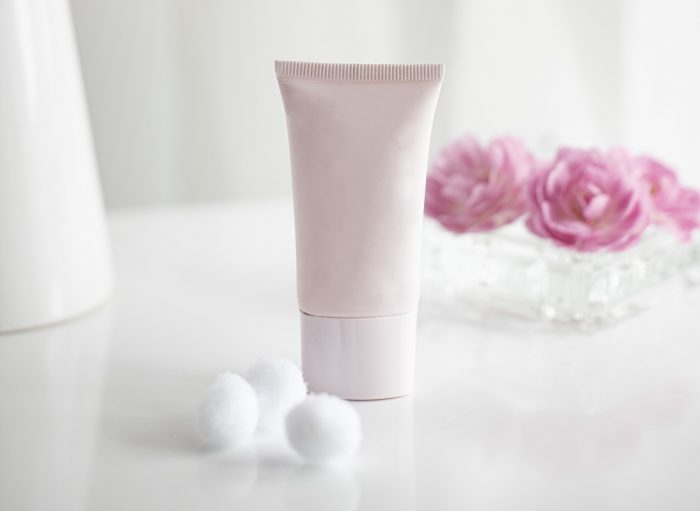Private label products have always been common, but they’re becoming increasingly common in the health and beauty industry with various private label skincare products and supplements becoming available at numerous retailers. Here are six facts about private label skincare.

1. What Private Label Means
Private label is a term that means a product is packaged with the branding of the retailer selling it but was produced by a third-party manufacturer. This type of packaging refers to what people call “store brand” products. Private label products ranging from foods to skincare products to household cleaners and more. You can find them at many different retailers. Many private label manufacturers will work with the brand to develop the appropriate formula and packaging for the product.
2. Manufacturing
Skincare manufacturing is a delicate and detail-oriented process, whether the manufacturer is a private label or not. The manufacturer must choose safe, appropriate raw materials and then formulate those materials properly so they’re beneficial and perform as intended without being harmful or toxic to the people using the final product. When seeking a private label manufacturer for skincare products, check whether the facility is FDA-approved and study how the production team works. This will help ensure the products you ultimately sell are of high quality.
3. Types of Products

There is no difference between the types of products you can go to a private label manufacturer for. You just need to make sure you work with a manufacturer who specializes in the type of product you’re requesting. For example, one company may function as both a supplement manufacturer and beauty product manufacturer, while another might only produce supplements. Before choosing which manufacturer to work with, decide what products you want to sell at your store. What kinds of health and beauty products, supplements, foods, or cleaners do you already sell? Which do you want to create a store brand for? If you want to focus on skincare, check whether the manufacturer can produce different types or has a specific focus, such as anti-aging products or men’s skincare products.
4. Pricing
The popularity of private label products is mainly due to their pricing. This is because these products typically don’t require marketing costs, as well as the fact that stores may be able to make deals with manufacturers to lower transportation and distribution costs. The lower production cost corresponds to higher profit margins, especially with the increasing popularity of private label products with consumers. As spending habits focus more on affordability than brand loyalty, retailers who bring consumer attention to their private label products can shift market interest toward those products and increase sales.
5. Regulation
Make sure the facility is FDA-approved and receives regular inspections from the FDA before agreeing to work with the manufacturer. Check the credentials of the lab and its employees, as well. Because skincare and supplement manufacturing have less stringent regulations than, for example, prescription medications, it’s vital that your manufacturer meets or exceeds government and industry regulations. This will ensure your final product is high-quality and your customers are more likely to be satisfied and repeat their purchases.
6. Quality Control
You want to work with a private label manufacturer who not only complies with government and industry regulations but performs its own quality control checks. Ask how the manufacturer ensures the quality of the final product. Does the company have a system of checks in place? Are there periodic product audits? Are the products tested at all stages of production or only in their final forms? Is packaging tested for safety and security?

Private label skincare products, as well as other types of products, are growing in popularity due to their affordability and the recognition of certain retailers’ store brands.










